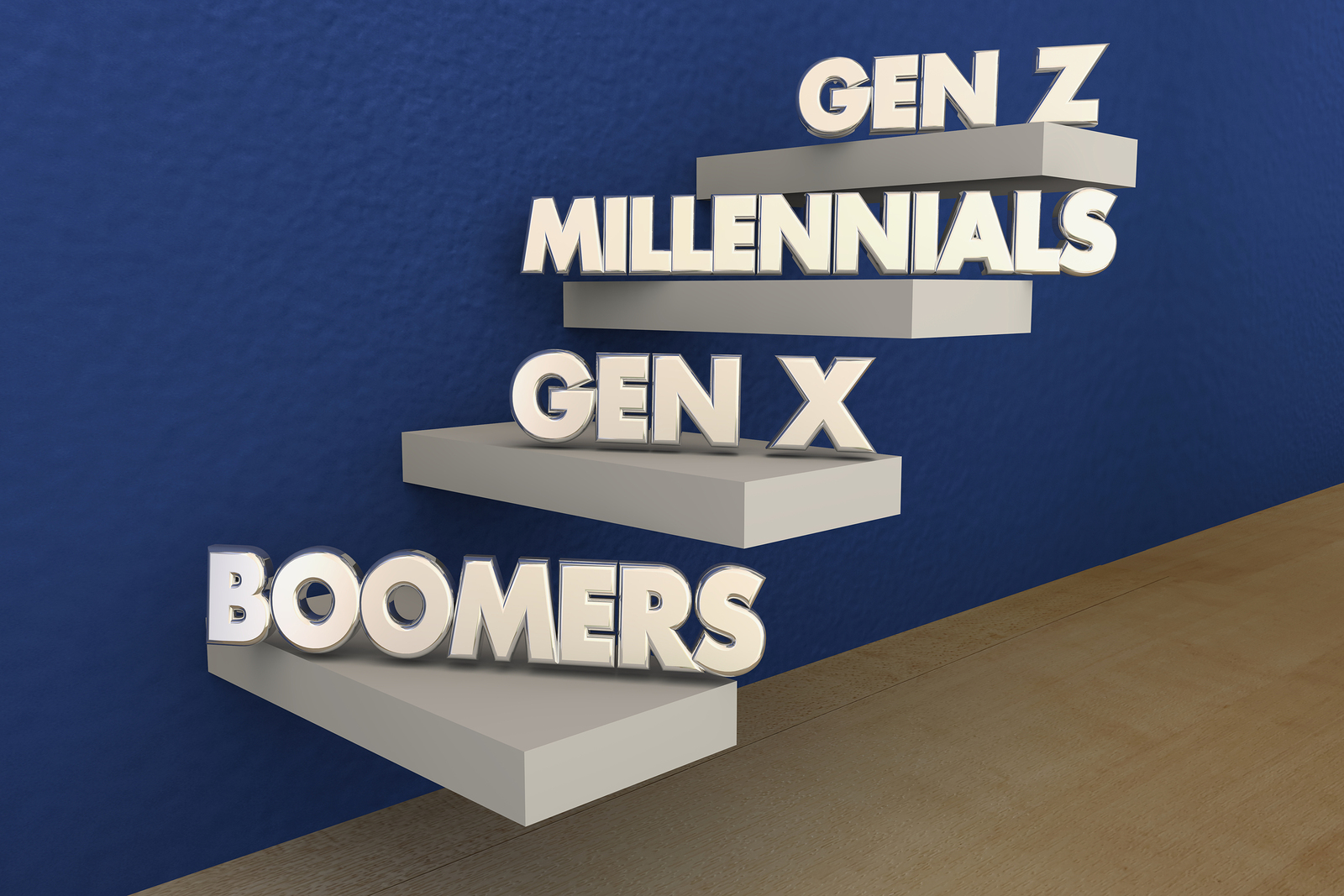
Generation Z, or Gen Z, were born between 1995 and 2015 and are the newest generation to enter the world of work. This generation is often called digital natives, with their 8-second attention span, their constant use of smartphones, almost addictive need to watch videos, and demands for work-life balance. You would have thought that they would be the vanguard for technology-led learning.
But the picture seems to be far more nuanced than that.

For this generation also demand face time (as opposed to FaceTime), prioritize human interaction and want highly engaged managers to give them regular, frequent feedback. While they have a desire for constant development, it needs to be within the context of an organizational purpose. They have the skills to make snap judgments about online content but are also capable of deep-diving into the data to find out more. They need personalized experiences but want to work in a positive team environment.
And what is the potential impact of COVID-19 on this generation and their learning?
Gen Z and their approach to learning
Gen Z are avid learners. They crave long-term financial security but, while they want a good salary in the short term, they also understand the importance of learning new skills and constantly developing themselves.
Unlike previous generations, Generation Z also takes responsibility for their own learning and are often described as pragmatic ‘self-starters’, a cohort that knows the world is not sanitized or perfect and one where they need to take personal responsibility and the initiative to get things done.
Generation Z wants purpose. They want to feel as though they are making a difference, that their actions will help others or is linked to a longer-term objective. This shapes what Gen Z is willing to learn and, unless they can see a benefit, with or without the help of their organization, they will not put the energy into absorbing the information.
Technology is a critical tool for this generation when it comes to learning. Gen Z is true ‘digital natives’ and their internet-connected devices are to them what electricity is to GenX – something that they couldn’t imagine life without. As practical go-getters, Generation Z has learned both directly and been taught all of their lives that the information they want is available online and typically, can be viewed as a video. In addition, gaming apps have taught Gen Z a much more relaxed attitude to failure because losing a ‘life’ means receiving immediate feedback on both what works and what doesn’t.
However, despite their obvious comfort with technology and social media, there are two major factors that will hold back the introduction of technology-led learning for Generation Z.
The first factor is that Gen Z value the advice and information from their friends and family above all other sources. Although seemingly a contradiction to their social media reliance, for Generation Z this is all about trust. In other words, while they love the delivery mechanism, GenZ is skeptical of the content and wants confirmation and context for that learning from people whose opinions they value – friends, family, their manager, and peers.
The second factor is that their formal experience of learning to date i.e. schools, colleges, and universities, has been of blended two-way learning. However, in many organizations, technology-led learning continues to replicate an outdated model of ‘experts’ instructing the student and has not developed in line with the formal education sector’s embrace of two-way interactive, multi-channel learning. This ‘traditional’ learning model is an instant turn-off for a generation that values ‘experiences’.

COVID-19
While the effects of the pandemic will continue to be felt for years to come, it is too early to assess how, if at all, the world of learning will change. However, one of the most noticeable effects of the global lockdown has been the rapid increase in the use of technology as home working has led to the proliferation of video conferencing use and take-up of online learning.
While this pandemic has been an opportunity for previous generations to learn what Gen Z already knows – technology-led learning can be a powerful and effective delivery mechanism – it has also shown that this is not going to be a panacea for the workplace learning. For despite Gen Z being the least affected generation physically, COVID-19 is already having a greater negative mental health impact on them, compared to any other generation.
Further proof that Gen Z needs a human touch.
Conclusion
Generation Z represents an opportunity for organizations to truly integrate technology-led training and development into the workplace learning paradigm. Organizations that want to engage with Gen Z, with their desire to learn, willingness to take responsibility for their own development and no-nonsense, tell it like it is an approach to life, may need to rethink their whole learning approach.
Organizations need to offer a coordinated learning experience, built on a suitable technology platform, using multiple delivery channels with context and links to organizational and personal needs. Fundamentally, this learning paradigm needs to be actively supported by management. Without this human touch, Generation Z will seek validation from colleagues and others outside their organization, undermining key messages and applications.
In other words, Generation Z wants a blend of high touch with high tech, AI with a human interface.
Author Bio:
Guy Ellis is MD of GenZ Insight, a business that supports Gen Z employees, their managers, and leaders.
Guy worked in executive HR roles in a number of global blue-chip organizations before becoming an independent consultant and interim manager. Guy’s latest book, “Generation Z insight: How to become a GenZ Magnet” is due out in a matter of weeks.
